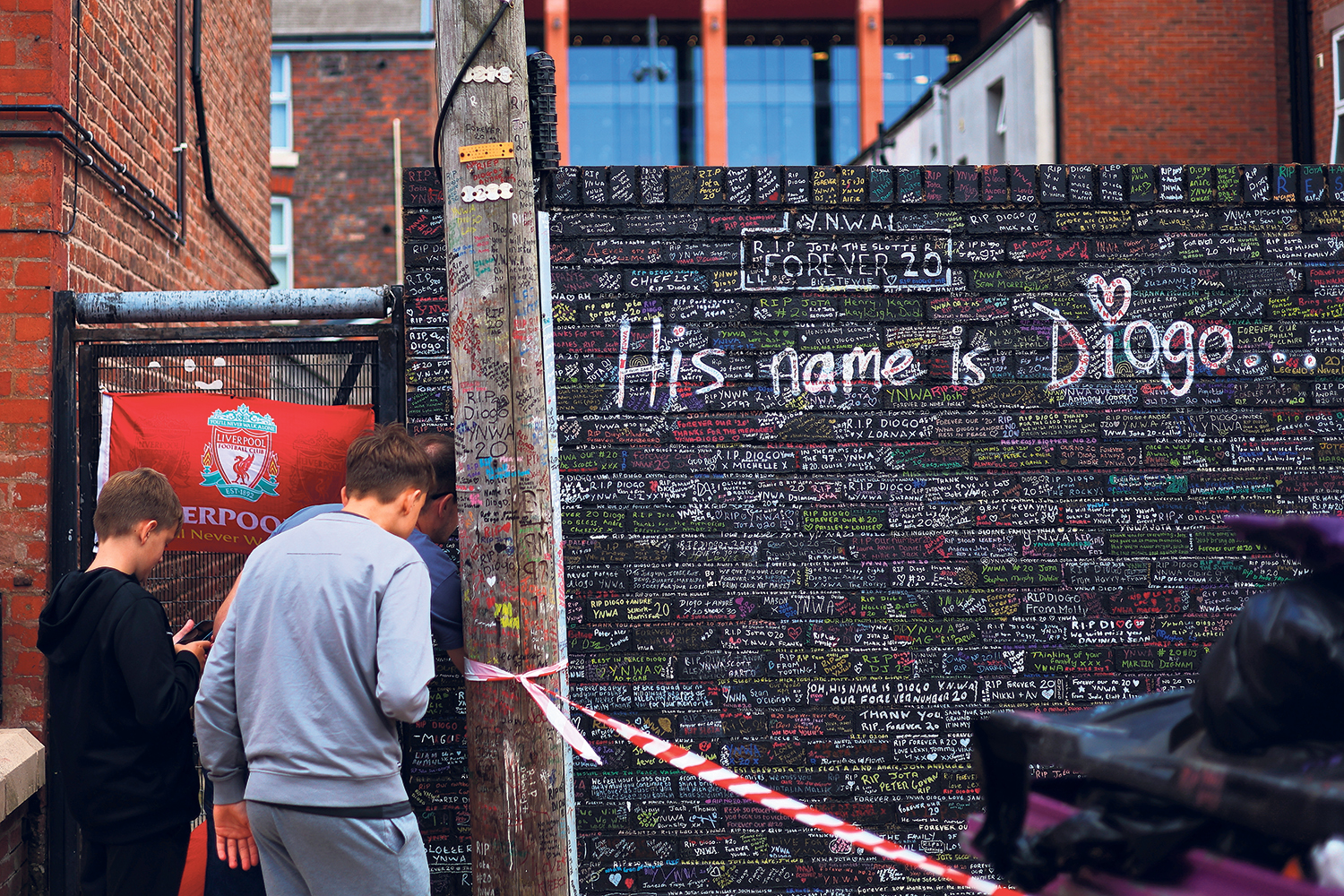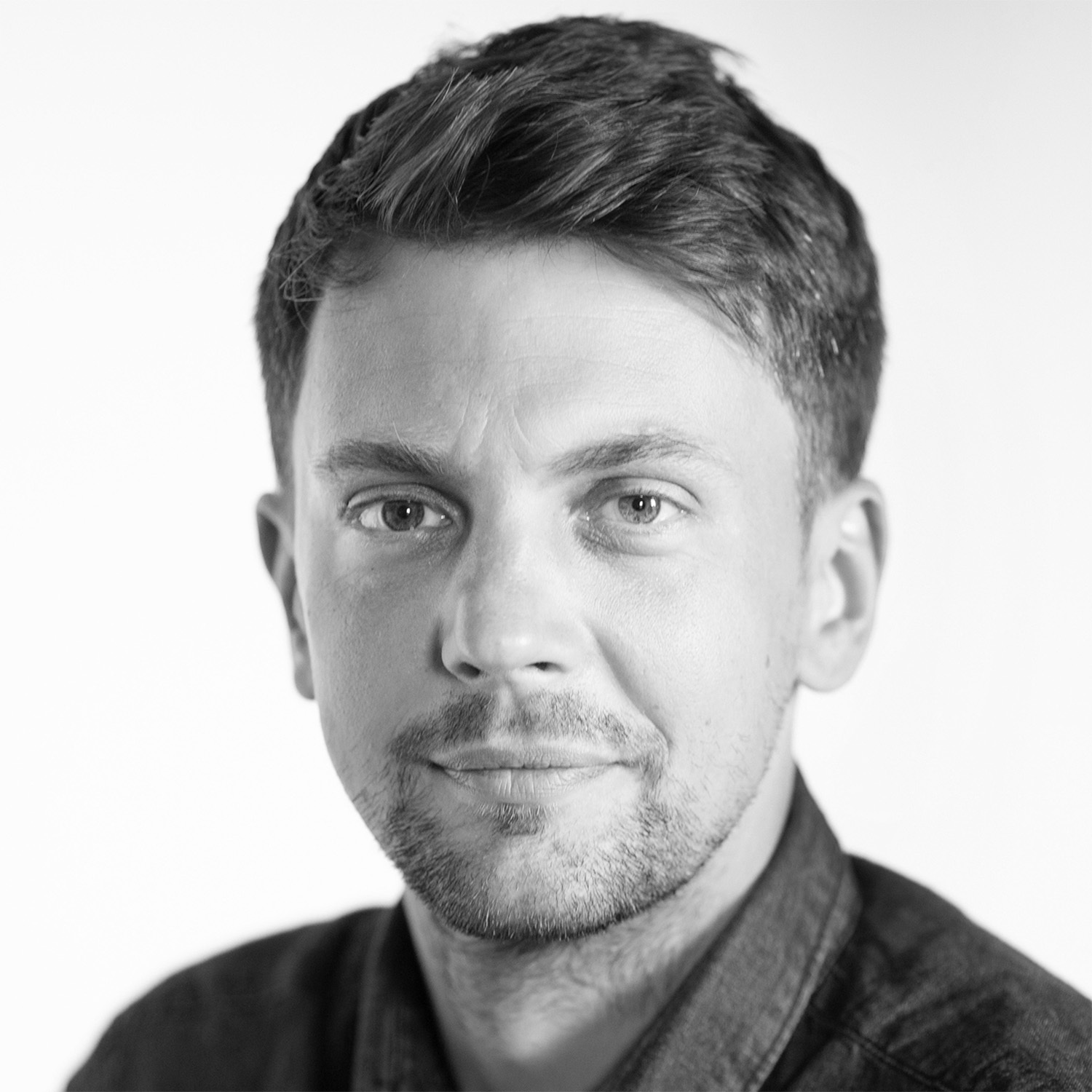All these years on, the thought of Rui Filipe remains raw for Antonio Folha, a bruise still painful to the touch.
It has now been more than three decades since the day he was told his friend and team-mate had been killed, but whenever he casts his mind back, the emotions do not take long to surface.
He remembers it so vividly, with such brutal clarity, that it is not really a memory at all.
He remembers it was the day of a game: FC Porto, both his and Filipe’s local team, were due to play Beira-Mar that evening. Folha and his teammates were training. Filipe had not been with them; he was not available for selection.
He remembers word starting to filter out that something had happened.
He remembers the first shiver of panic at hearing the words, at being told “our Rui was gone”.
He did not believe it, not at first, and nor did his team-mates.
“We couldn’t believe it,” he said.
“It was impossible. He had trained with us the day before. He was practically there with us. I didn’t want to believe it. Everyone was very…the word is panicked. We kept looking at each other, saying it was not possible, let’s see, maybe they made a mistake.”
They had not. The authorities had contacted the club early in the morning to tell them that Filipe, just 26, a full Portuguese international, the player who had scored the first goal of Porto’s season earlier that month, had died in a car crash the previous night.
Newsletters
Choose the newsletters you want to receive
View more
For information about how The Observer protects your data, read our Privacy Policy
Sir Bobby Robson, the club’s manager, had come down to breakfast to be greeted by the club secretary.
“I have some very bad news for you,” he said, with the blunt honesty of shock. “Rui Filipe is dead.”
“My blood ran cold,” Robson wrote in his autobiography, Farewell But Not Goodbye.
The agony of that day has stayed with Folha. It has not been diluted by time, dulled by distance. Asking him to discuss it feels almost cruel; to talk about it, for him, is to endure it once more.
“Those hours before the game were terrible,” he said.
“Even now, speaking these little words, I feel that moment. I feel that moment because, in reality, it is something that will mark the rest of my life.”
*
There is no way of knowing how Liverpool will react to what they have endured this summer.
It is a club in the depths of mourning, still reeling from the death of Diogo Jota and his brother, André Silva, on the quiet roads of northern Spain early in July, just a few weeks after the 28-year-old had celebrated the Premier League title at Anfield, just a few days after he married his childhood sweetheart.
Some of that grief has been played out in public: the players rushing from across the world to attend his funeral in Gondomar, his tightknit Portuguese home town; Arne Slot and his squad strolling, red-eyed, through the tributes left outside Anfield; the players standing on the field at Preston, after the first pre-season game, as the fans turned Jota’s song, to tune of Bad Moon Rising, into his requiem.
What we do not, and cannot, know is how those players are handling the scale of that loss in private
What we do not, and cannot, know is how those players are handling the scale of that loss in private
There were commemorative displays on Liverpool’s summer tour to Asia, and there will be something similar at the Community Shield at Wembley on Sunday. Friday’s opening Premier League game against Bournemouth, the first competitive game at Anfield since his death, will doubtless prove no less poignant, too.
There will be more lasting memorials. Liverpool intend to honour him, formally, in every way they can. His number 20 has been retired. There are plans to use the flowers, flags and scarves left in the sunshine at the stadium to create a permanent installation. An image of him has been immortalised in a mural.
The players collectively decided to wear a patch, bearing the legend ‘Forever 20’ on their jerseys, and their warm-up jackets, for the entirety of the campaign.
“We want to remember who he was to us,” as the winger Cody Gakpo told The Athletic last week.
“He will be missed this season, but he will also be missed by everyone in this team and this club, by his family, for the rest of our lives. We will not forget him.”
What we do not, and cannot, know is how those players are handling the scale of that loss in private, or how their reaction will change as the weeks and months go by, as they wrestle with both the overwhelming presence of Jota’s memory and the overpowering absence they will feel when they see his place in the changing room sitting empty.
All we can be sure of is that football tends to deal in straight lines, in cause and effect: a team suffers a dip in form, an injury crisis, a loss of confidence, and either overcomes it, or drifts into crisis. But grief is not linear. It does not follow a preordained rhythm. It is unpredictable, personal, chimerical.
“It is something intimate,” Folha said. “Each person grieves in their own way.”
*
There is no template for what Jota’s former team-mates will be going through, what they will go through in the next few months and years.
There are other clubs who have suffered something similar, of course: the Sevilla midfielder Antonio Puerta and the Espanyol defender Dani Jarque died of heart conditions in 2007 and 2009, respectively; Davide Astori, the Fiorentina captain, had a heart attack in a hotel room before a Serie A game in 2018. Marc-Vivien Foé died on the pitch while playing for Cameroon in 2003. Manchester City retired his number.
But the way each team, each set of bereaved team-mates, responded was distinct; they do not offer a guide for what will happen to Liverpool.
There are eerie echoes in what Folha and the rest of that Porto team lived through in 1994: not just because of the connection both Jota and his brother had to the club, the place where they started their careers, but because of the circumstances of their death.
They were clear enough that, in the immediate aftermath of Jota’s crash, it was the first thing that came to the mind of José Mourinho, then Robson’s assistant manager.
“It happened with me many years ago,” he told Sky Sports.
Mourinho has been in a reflective mood recently; this week, he had to mourn another member of that side, Jorge Costa, who died of a heart attack at the age of 53.
“Instead of the boys suffering alone, it was like the group was suffering together, trying to fight for his memory. We were champions, I think, for him.”
Folha’s account is similar. “There was only one way we got through, and that was to say that Rui is here,” he said.
“He had scored the first goal, so we were going to have to win the championship for him. Throughout the season, he was never forgotten. In the most difficult moments, it was clear it was for us, for the club, and it was for Rui.”
There was only one way to end: it was for us to say we did it for you
There was only one way to end: it was for us to say we did it for you
Antonio Folha
The kinship they felt with their team-mates, the common sense of purpose, helped the mourning process, Folha said – “We always grieved with the group present, some spoke more, others less, but always with a sense of pain” – and so did the idea that they had a mission to fulfil on his behalf.
“We began to cling to a goal that was already defined,” he said.
“There was a great desire to do something for him.”
But that is not the same as closure. Folha still struggles, even now, to grasp how it could have happened.
“Every year, for his vacation, he and a few friends would drive through Spain, France, Germany,” he said.
“He was a very careful person. He travelled thousands of kilometres, for years, and never had any problems, and then on a straight [road] near his house, he goes off the road? Why? I think the why is still in our heads.”
That year, the club won the first in a run of five straight championships. Filipe’s goal was the starting point of what was, then, the team’s golden age.
“We clung to that with all our hearts and souls to give Rui the title,” he said.
“It became the most frequently used phrase in the locker room. There was only one way to end: it was for us to say we did it for you.”
But he knows, too, that is not the same as peace. The “pain” he felt, staring at his friend’s empty space in the dressing room, lasted for a long time, Folha said. Victory did not alleviate it; nor did time.
Later, the club would commission a bust, one that sat outside the stadium. Robson used to stop, every day, as he walked to his car, and offered a “few words of remembrance”.
For Folha, that was not the only reminder of his friend, of his team-mate, of his loss. The mere act of walking into Das Antas, Porto’s old stadium, served to bring it all back. Filipe was for ever an absence, and a presence, the whole place transformed into a monument to him.
“We played there for years and years,” Folha said. “And it was always a memory that stayed with me as a player, at that stadium.”
Photograph by Robbie Jay Barratt – AMA/Getty Images



